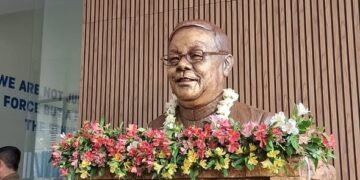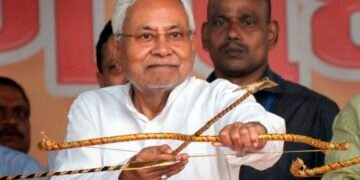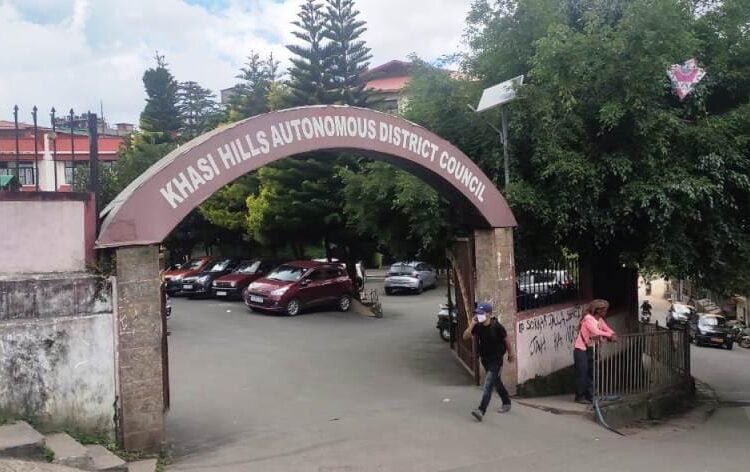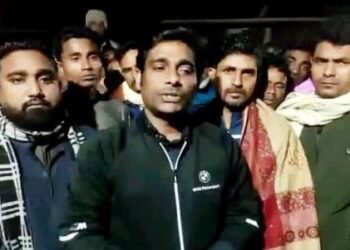The executive committee of Khasi Hills Autonomous District Council (KHADC) will meet here tomorrow to deliberate on the Khasi Hills Autonomous District (Khasi Social Custom of Clan Administration) Bill which will be tabled in the upcoming winter session of the council scheduled to begin on December 20.
It may be mentioned that the State government had returned the Clan Bill to the KHADC since it is in conflict with the KHAD (Khasi Social Custom of Lineage) Act, 1997.
According to sources, the Law Department had pointed out the conflict since the word “clan” is mentioned in both the Clan Bill and the Lineage Act.
Under the Clan Bill, every Khasi clan shall have a Dorbar Kur or Seng Kur consisting of all members of the Kur or Clan. The Dorbar Kur or Seng Kur shall consist of the Dorbar Pyllun of all members of that Kur or clan and the Central Executive Body made up of office bearers and members duly elected by the Dorbar Kur or Seng Kur.
The Dorbar Kur or Seng Kur shall be the final authority to decide on any issue or matter relating to the Kur administration as a whole.
Further, the Dorbar Kur or Seng Kur shall have the authority to delegate the power to issue the Khasi clan certificate. The Khasi clan certificate shall be the criteria for granting Khasi Tribe Certificate as per Section 6 of KHAD (Khasi Social Custom of Lineage) Act, 1997.
The Dorbar Kur or Seng Kur shall decide the eligibility for appointment of Rangbah Kur and other functionaries. No person who does not follow the matrilineal system or the Khasi Custom of Lineage shall be appointed as the Rangbah Kur or any other functionaries.
As per the bill, no Khasi person belonging to any Kur shall take or acquire his or her clan title from the father or spouse. However, this provision shall not apply to cases of Shaw-Bhoi or Ring-Bia.

























